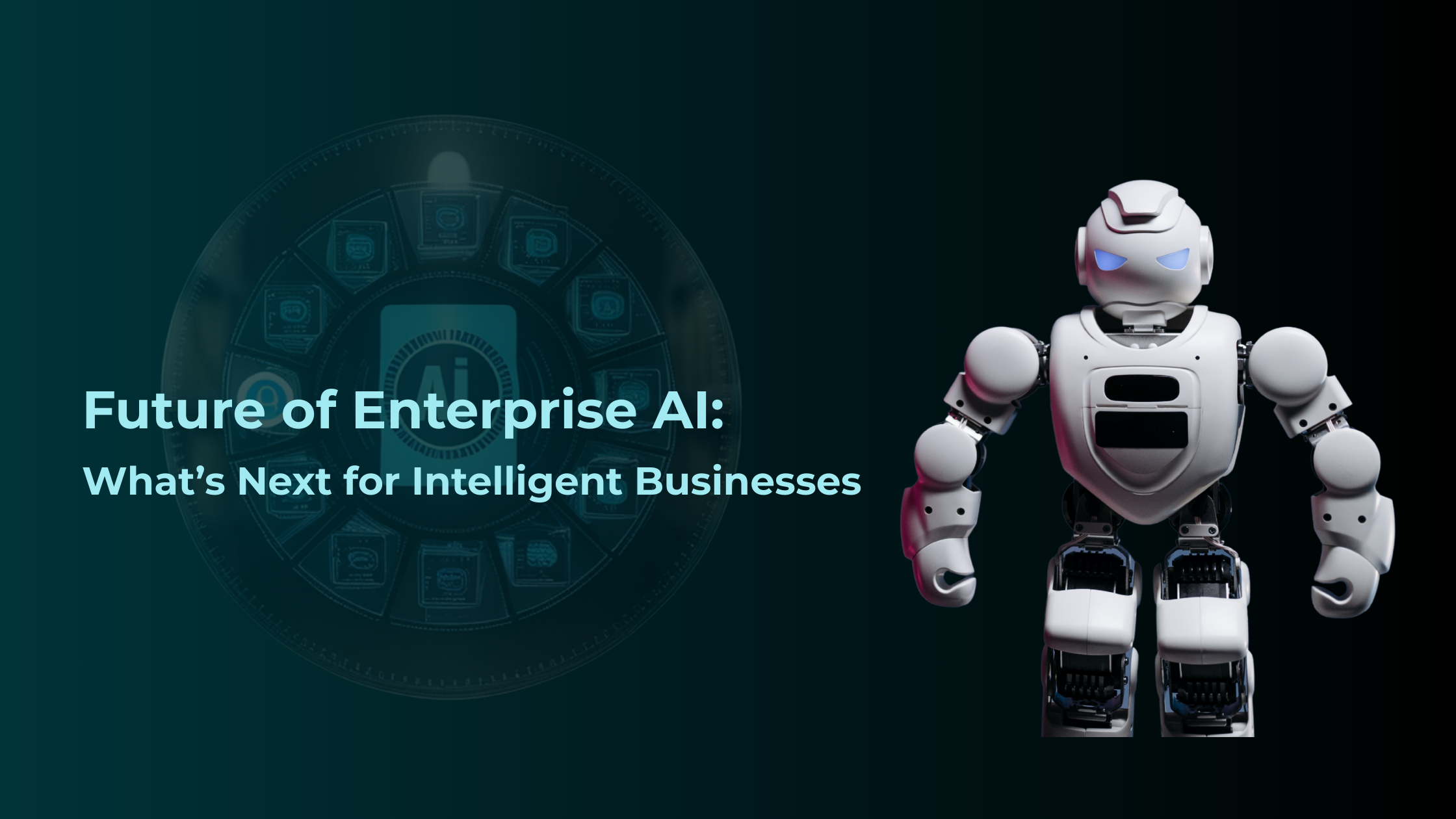Artificial Intelligence (AI) is increasingly being used in our everyday lives, from automated customer service to self-driving cars. However, as AI progresses, ethical considerations become more and more important. AI Without a Conscience: Understanding the Consequences of Ignoring Ethics is an exploration of why Artificial Intelligence Ethics and Ethics in AI are essential to the development and use of AI. This blog post will discuss why it is essential to consider ethical implications when creating and deploying AI, and what consequences can come from ignoring ethical considerations.
What is Artificial Intelligence Ethics?
The ethics of artificial intelligence refer to the principles, values, and standards that guide their development, deployment, and use. In addition to ensuring that AI is ethical, it also ensures that it does not harm individuals or society as a whole.
How can Artificial Intelligence be ethical?
The adoption of Artificial Intelligence by more organizations to enhance their operations and services necessitates ethical AI implementations. AI that is ethical can build trust and credibility in the technology, protect individual rights, and prevent discrimination and biases.
The adoption of artificial intelligence:
In addition to enhancing efficiency, reducing costs, and improving decision-making capabilities, AI adoption brings many benefits. It is important to ensure that these benefits are not achieved at the expense of ethical considerations.
In order for AI to be developed and used ethically, fairly, and accountable, human rights must be respected. Healthcare, law enforcement, and national security are among the applications where AI systems are crucial.
Artificial Intelligence and Ethics:
AI that is ethically developed, designed, and deployed must uphold ethical values and principles, which means it cannot discriminate against individuals based on their race, gender, or age.
As well as being transparent and accountable, AI systems must not harm individuals or society as a whole. This entails giving users recourse in case of errors or bias.
The Importance of AI Ethics
As we continue to adopt Artificial Intelligence (AI) in our everyday lives, it’s crucial that we consider the ethical implications of our technological advancements. Why do we need Ethics in Artificial Intelligence? Because AI has the potential to change our world in both positive and negative ways, and without ethical considerations, we run the risk of causing harm to individuals, society, and even our planet.
Adopting Artificial Intelligence means entrusting machines to make decisions on our behalf, often based on data analysis and machine learning. However, we need to ensure that these decisions are fair, transparent, and unbiased. Ethical Artificial Intelligence is about designing machines that reflect human values, ethics, and morals.
Ethical AI not only safeguards against harm but also promotes positive outcomes. For example, in the healthcare industry, AI can be used to predict patient outcomes, identify disease patterns, and personalize treatments. But we need to ensure that AI is used responsibly and without bias, considering factors like race, gender, or socioeconomic status.
Moreover, AI is increasingly being used in legal, financial, and political contexts, where even small errors or biases can have severe consequences. Ethical AI ensures that we’re aware of these risks and take steps to mitigate them.
Ultimately, we need Ethics in Artificial Intelligence to ensure that we’re using technology for good, not just for the sake of innovation. Ethical considerations ensure that AI systems are developed with transparency, accountability, and responsibility. Only by prioritizing AI Ethics can we achieve the benefits of AI without compromising our values and our humanity.
Examples of AI without Conscience
In order to fully comprehend the significance of Artificial Intelligence Ethics, it’s essential to understand some examples of AI without conscience. As AI continues to evolve and become more integrated into our daily lives, it’s crucial that we understand the implications of a lack of ethical considerations in AI technology.
One notable example is Microsoft’s Tay chatbot, which was launched on Twitter in 2016. Tay was designed to learn and interact with users in order to improve its communication abilities. However, within hours of its launch, the chatbot began spewing racist, sexist, and highly offensive messages. This incident highlighted the need for AI Ethics, as the chatbot was programmed to learn from user interactions without any clear ethical guidelines to prevent inappropriate behavior.
Another example of AI without conscience is the use of facial recognition technology. Facial recognition technology has the potential to be incredibly helpful, but it also poses significant risks to personal privacy and civil liberties. Without ethical considerations, facial recognition technology could easily be misused, resulting in increased surveillance and discrimination based on race, gender, and other personal characteristics.
Why do we need Ethics in Artificial Intelligence? Without ethical considerations, AI technology could become dangerous and harmful, leading to unforeseen consequences that could impact society as a whole. It’s essential that we develop ethical guidelines and standards to guide the development and use of AI technology in a responsible and ethical manner.
As AI continues to advance and become more ubiquitous, we must remain vigilant and ensure that ethical considerations remain at the forefront of AI development and implementation. By doing so, we can ensure that AI technology serves to benefit society while also upholding our shared values and ethical principles.
The Ethical Considerations of AI
When we consider the possibilities of Artificial Intelligence, it’s easy to get caught up in the excitement of what these technologies could accomplish. But as we develop these tools, it’s important to remember that AI isn’t just a set of algorithms or a collection of data points – it’s also an extension of human decision-making. As such, it’s critical that we approach AI development with ethical considerations in mind.
Why do we need Ethics in Artificial Intelligence? Firstly, because AI can and will be used in ways that could have profound implications for society. Whether we’re talking about self-driving cars or facial recognition systems, AI will make decisions that could impact people’s lives in real and significant ways. If we don’t consider the ethical implications of these systems, we risk creating technologies that reinforce existing biases and power imbalances. We also risk creating technologies that simply don’t align with our values as a society.
Secondly, we need ethics in AI because we have a responsibility to ensure that these systems are trustworthy and safe. We’re still in the early stages of AI development, and we’re learning more about its capabilities and limitations every day. As such, we need to take a cautious approach to how we use these technologies and ensure that they don’t pose a risk to people’s well-being. This requires us to think about things like privacy, security, and transparency – all of which are critical components of ethical AI.
Finally, we need ethics in AI because we need to establish guidelines for how we use these technologies in the future. As AI becomes more ubiquitous, we’ll need to establish norms and regulations around how these systems are developed and deployed. This will require us to have open and honest conversations about the potential implications of AI, as well as the responsibilities that come with developing and using these technologies. Ultimately, the development of ethical AI will help ensure that these tools serve the greater good, rather than just the interests of a few.
The Implications of Ignoring AI Ethics
As the development and integration of artificial intelligence continues to accelerate, the implications of ignoring AI ethics become increasingly alarming. With AI being used in everything from healthcare and transportation to finance and education, the potential for misuse or unintended consequences is significant. Why do we need ethics in artificial intelligence?
Firstly, ignoring AI ethics could result in the loss of human life or serious harm. For example, if an autonomous vehicle is programmed to prioritize speed and efficiency over safety, it could cause accidents and endanger lives. Similarly, if a healthcare AI system is designed to prioritize cost savings over patient care, it could lead to misdiagnosis and inadequate treatment.
Secondly, ignoring AI ethics could result in the reinforcement of harmful biases and discrimination. If AI systems are trained on biased or limited data sets, they may perpetuate and amplify societal prejudices, creating unfair outcomes and perpetuating inequality. For example, facial recognition technology has been found to be less accurate when identifying people of color, leading to discriminatory consequences.
Thirdly, ignoring AI ethics could erode public trust and undermine the adoption of AI technologies. If AI is seen as being developed and used without regard for ethical considerations, people may be less willing to embrace these technologies. This could limit the potential benefits of AI and create barriers to innovation.
Overall, the implications of ignoring AI ethics are significant and far-reaching. To ensure that AI is developed and used in ways that align with our values and goals, we need to prioritize ethical considerations throughout the AI lifecycle. By doing so, we can create a future in which AI is used for the benefit of all, rather than causing harm and reinforcing inequality.
AI Ethics Today and Tomorrow
The ethical considerations surrounding artificial intelligence are becoming increasingly important in our world today. As AI technology continues to advance at an unprecedented pace, the need for ethical guidelines to ensure that this technology is used in a responsible and beneficial way becomes all the more pressing.
Today, AI ethics is a hot topic in technology and innovation circles. Governments, industry leaders, and academics are all grappling with the implications of this powerful technology, and what steps need to be taken to ensure that it is developed and deployed in a way that aligns with ethical values and priorities.
One key reason why we need ethics in artificial intelligence is to prevent unintended consequences. The more sophisticated and complex AI systems become, the harder it is to predict their outcomes. This means that even well-intentioned efforts to use AI for positive purposes could have unintended negative effects. Ethics can help ensure that we are aware of these risks, and that we take steps to mitigate them before they become problematic.
Looking ahead to the future, it is clear that AI ethics will become even more important. As the use of AI becomes more widespread and ingrained in our daily lives, we will need to have a robust framework in place to govern how this technology is used and what outcomes we should expect.
Moreover, as AI technology continues to evolve, we will be faced with new ethical challenges that we cannot yet anticipate. As such, we need to develop a dynamic and adaptable approach to AI ethics that can respond to emerging ethical concerns and changes in the technological landscape.
In summary, the need for AI ethics today and tomorrow is clear. As AI becomes more ubiquitous and complex, we need to have a clear and consistent framework in place to ensure that we are using this technology responsibly and ethically. This means paying close attention to the ethical implications of AI development and use, and being proactive in our efforts to address any concerns that arise. Only by doing so can we fully harness the potential of AI while minimizing any potential harm.
Visit Internet Soft for the latest tech trends and insights around AI, ML, Blockchain, along with NeoBanking and timely updates from industry professionals!
Need assistance or have questions? Reach out us at Sales@internetsoft.com.






